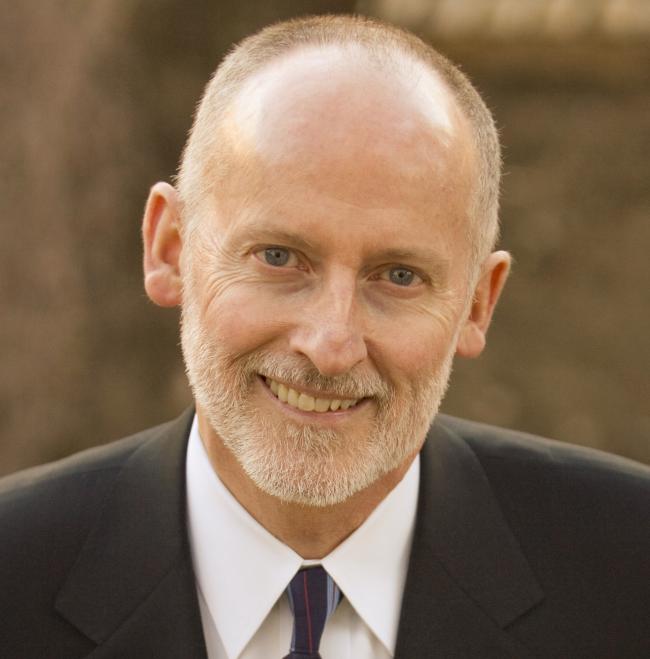Where are all our children?
Thu, 06/24/2010
By Tim Burgess, Seattle City Council
Ed. Note: This piece originally appeared in Councilmember Tim Burgess' newsletter, City View.
June 22 was the last day of school in Seattle, but about one-third of our high school seniors have nothing to celebrate. Why? Because they didn’t graduate with their classmates.
If you dig deeper and look at certain minority groups, the graduation rate drops to about 50 percent. One-half of African American, Latino and American Indian students will fail to graduate from high school on time.
All of these kids who didn’t graduate are missing – missing from our schools and missing out on opportunities to grow into all that they are capable of.
Do these numbers disturb you? They deeply alarm me. Even worse, this isn’t even news. Tragically, it’s been this way for a very long, long time.
Forty-three years ago this month, I graduated from Lincoln High School in Wallingford. The scope of the problem was different then; Seattle public school enrollment was nearly twice as high. (Today, about one-quarter of Seattle’s children go to private school.)
But, the substance of the problem was exactly the same. Some schools in our city were better than others; the underperforming schools tended to be in the poorer sections of the south end.
The academic achievement gap disadvantaged low-income and minority students. I hate to put it this way, yet for 43 years we’ve simply been dancing around the status quo.
But, we can’t give up. Our teachers continue to work hard day in and day out – year in and year out – and there are inspiring success stories from individuals and schools.
At the policy level, there is a growing coalition of individuals and organizations coming together to advocate for education reform. This is happening locally and across the country. President Obama is leading the charge and many are responding.
Here in Seattle, Mayor Mike McGinn launched a series of community meetings earlier this year that tapped into the growing discontent among parents who want a better education for their children. The mayor’s Youth and Families Initiative held a citywide congress on June 5 at the Seattle Center, and the mayor invited me to be one of the speakers.
In addition, the city council has started the process of renewing the Family and Education Levy in November 2011; together with the mayor, we’ve appointed an expert citizen’s panel to craft the levy proposal.
I am very excited about this group of individuals and what they can contribute. All are committed and passionate reformers.
We have individuals who focus on pre-kindergarten programs and others with a wealth of knowledge about post-secondary education; some work on the ground every day to provide critical support to families and children, especially those challenged by language and cultural barriers or troubled backgrounds.
A number of committee members have educational research backgrounds and five have served in the trenches as principals or teachers.
I am delighted that we have two outstanding leaders co-chairing the citizen’s panel, Chris Korsmo and Kevin Washington, each a dedicated advocate of educational reform. Deeply knowledgeable in this field, they have formidable skills and an ability to galvanize others to action.
With several partners, my office also launched a series of forums and lectures about vital primary education issues facing our city. One of the first was held at the Seattle Center’s Vera Project. It brought together educators, youth advocates and community leaders for a discussion after screening a brilliant and provocative documentary on the need for education reform called "Waiting for Superman."
We can’t ignore the challenge. The future of Seattle demands that we keep at it.
Kids who don’t graduate from high school aren’t prepared for a productive work life; some get in trouble with the police and spend years in the criminal justice system.
Failure in school and poverty reinforce each other, creating a downward social spiral that affects us all.
Frederick Douglas, the slave who educated himself to freedom by learning to read and write, said it best when he declared, “It is easier to build strong children than to repair broken men.”
Will you join us in this worthy cause of building strong children?
Councilmember Tim Burgess can be contacted at tim.burgess@seattle.gov.


